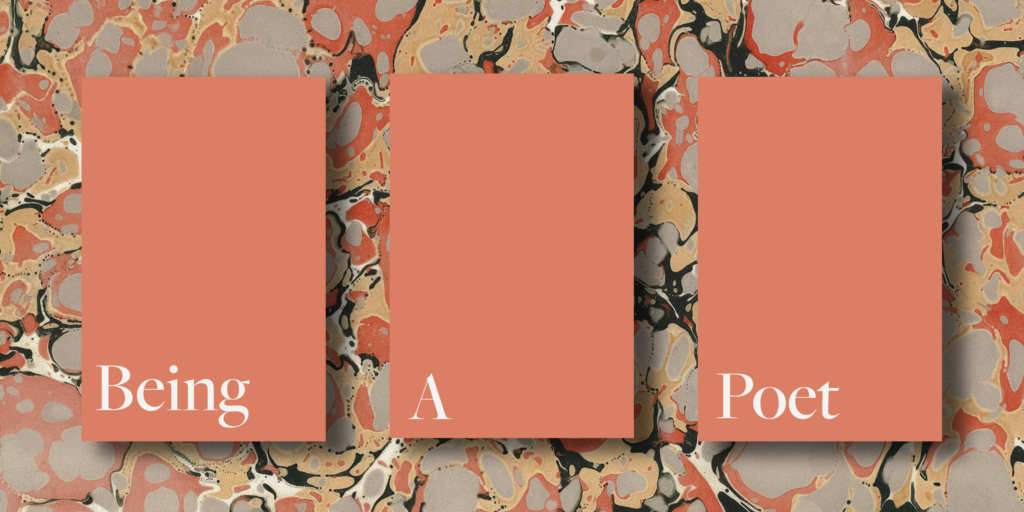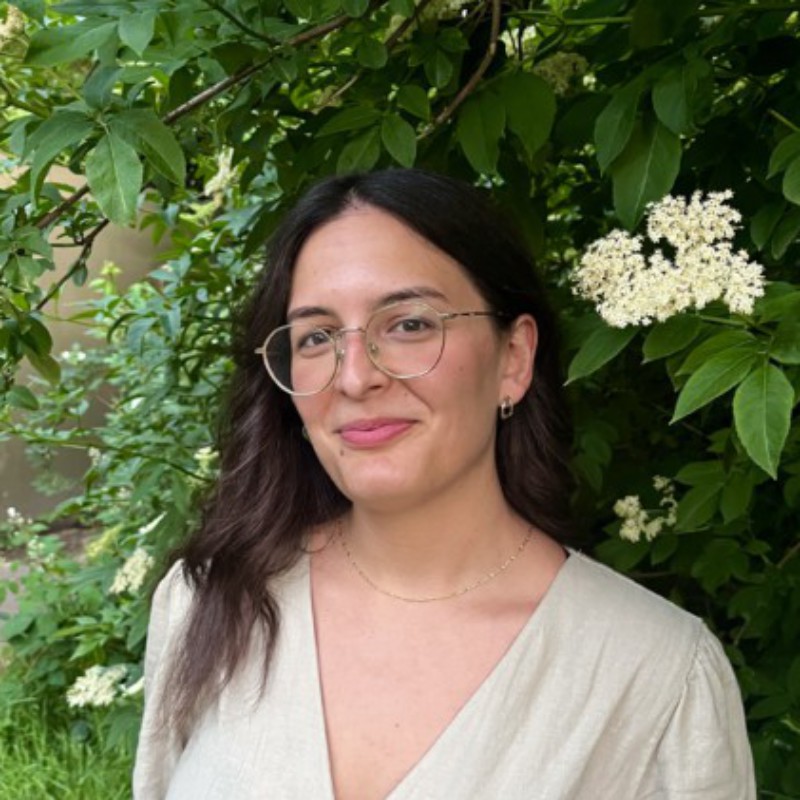In this series, we interview our tutors about poetry and its place in their world. These interviews will cover creative writing tips, excelling in a poetry workshop, building a literary career, and finding your poetic voice. Here’s Yanita Georgieva on how to deal with writer’s block.

For any writer, there are two terrible states of being: writing and not writing. Whichever one you’re in, you worry you will never write again. This state of fear and blockage, tenderly referred to as writer’s block, is something every writer is keen to zap off like a wart. But before we get to the remedy, it’s good to question the diagnosis.
Is it actually writer’s block?
When someone says they’ve got writer’s block, what they’re really saying is one of three things. Either that they’re out of ideas, or that they have ideas, but they’re unable to get them down on the page, or that they’re getting them down on the page, but they’re not very good. It’s important to determine which of these states you are in. This is step one.
Tip one: Replenish the well
If the issue is a lack of ideas, then the solution is not writing, but noticing. Each time we sit down to write, we are pulling from a well of ideas and beliefs that move or excite us. That well is deep, but it requires tending to; otherwise, it can dry up, making writing feel like pulling at the strings of the same two, tired puppets. Moments of change, joy, and upheaval can fill up the well, but they are sporadic and unreliable. Instead, it’s important to be actively looking for inspiration everywhere. I like to think of this stage as dumpster diving. Nothing is off limits as a source of linguistic delight.
The more mundane, the better: instruction manuals, the Google Reviews of your local petrol station, a peeling billboard advertising the chance to win an iPod Shuffle. Recently, after what felt like an eternity away from the page, I was pulled back to it by a sign hastily hung up on a wooden fence: ‘Please don’t feed the horses. Your kindness may kill them.’ Begin collecting words in small, unremarkable notebooks (this is important – if they are beautiful notebooks, you will never allow yourself to write anything bad).
By doing this, you begin to replenish your well with something my colleagues in the newsroom like to call ‘proven performers’ – things that have already succeeded in sparking some emotion in you. When you are ready to move to the writing stage, they can function as prompts, titles, or diversions on the road of an unfinished draft. Often, this is where your most exciting work can come from.
Tip two: Jump off the guilt scooter
If the issue is that the ideas are there but can’t come to the surface, then the solution is to examine the blockage. Any good plumber will tell you that the culprit, often, is guilt – guilt about not writing often enough, or well enough, or in a particular voice or style. The trouble with guilt is that it can feel like a productive emotion, propelling you on its little motorised scooter towards the next great idea, when in fact, it keeps you stationary.
It’s a bit like how my grandparents describe the beloved Bulgarian puffed wheat snack grizki: you’re chewing on something, but you’re swallowing nothing. Writing is not some role we’ve been assigned by the gods. It’s more of an unpaid internship where, all summer, no one learns your name. No one cares whether we write or not, and that realisation can be incredibly freeing. If it won’t bring us money or notoriety, it might as well bring us joy.
In times of despair, I like to make a list of poems to hand which remind me that writing can, and should, be fun: Bernadette Mayer’s Homage to H & the Speedway Diner, Barbara Guest’s Eating Chocolate Ice Cream: Reading Mayakovsky, James Tate’s Goodtime Jesus. I turn to them when guilt surpasses joy. Sometimes, I perform some poetry karaoke with them, writing mirror poems that replicate the structure of the original, line by line. After the first few lines, the poem inevitably takes on a different direction, becoming its own, separate being. But it’s good to learn from the poems that bring you delight when you need a reminder that poetry can, indeed, do that.
Tip three: Writing is writing, but so is not writing
If the issue is that you’re writing, but you don’t like what you’re producing, then the issue is not writer’s block but unrealistic expectations. Many writers talk about the importance of having a daily practice, and while any rigid writing rules are generally a bad idea (breaking them breeds guilt, and guilt zaps creativity) there is a lot to be gained from showing up creatively each day in small ways.
This doesn’t mean you have to write a poem every day. It doesn’t even mean that you should write every day. It is, however, a good idea to stretch the definition of ‘writing’ to include everything on its periphery. Reading can be a form of writing. So can journalling, doodling, watching Chopped on the Food Network (other cooking shows available etc.) or listening to your favourite Fiona Apple album. Personally, I consider going to a particularly bad poetry reading to be just as creatively fuelling as writing – sometimes more. Just as reading a bad poem reminds you of how a good poem moves.
By accessing your creativity each day, you will ultimately unlock new opinions, land at unexpected destinations (a new sushi bar) or replenish your well. More importantly, you will have removed the pressure of producing something polished each time you sit down to write. If you do it every day, something good will eventually appear. And hey, if it doesn’t, you can always come to my workshop.

Yanita Georgieva a poet and journalist. Her pamphlet, Small Undetectable Thefts, received the Eric Gregory Prize in 2024. She is a recipient of an Out-Spoken Prize for Poetry and an alum of Southbank New Poets Collective and the London Library Emerging Writers Scheme. Her work has appeared in The London Magazine, Poetry Birmingham, Poetry Wales, and [www.yanitageorgieva.com] elsewhere.
Yanita will be running her course, Nothing to Write About? Breaking Writer’s Block, with us this Summer on Saturday 14 June. Click here to secure your place.
Add your Reply
You must be logged in to post a comment.